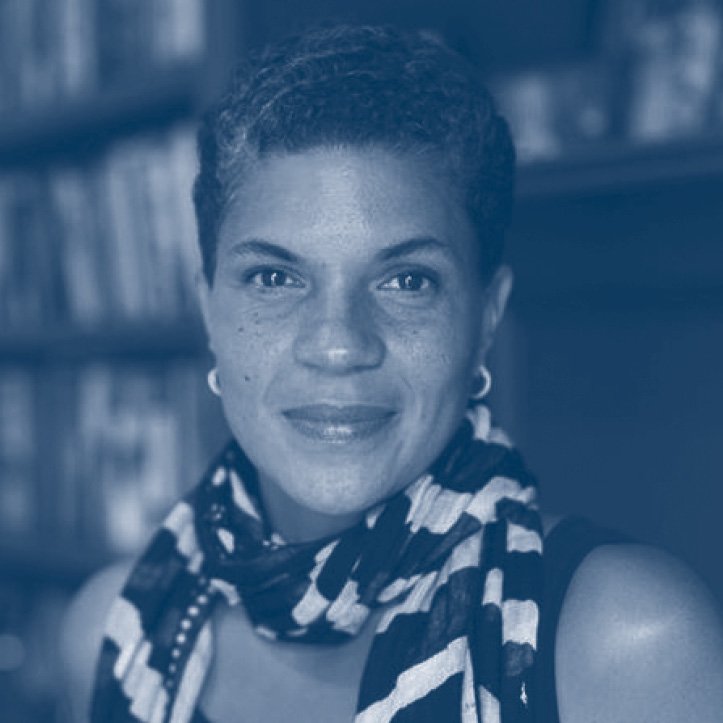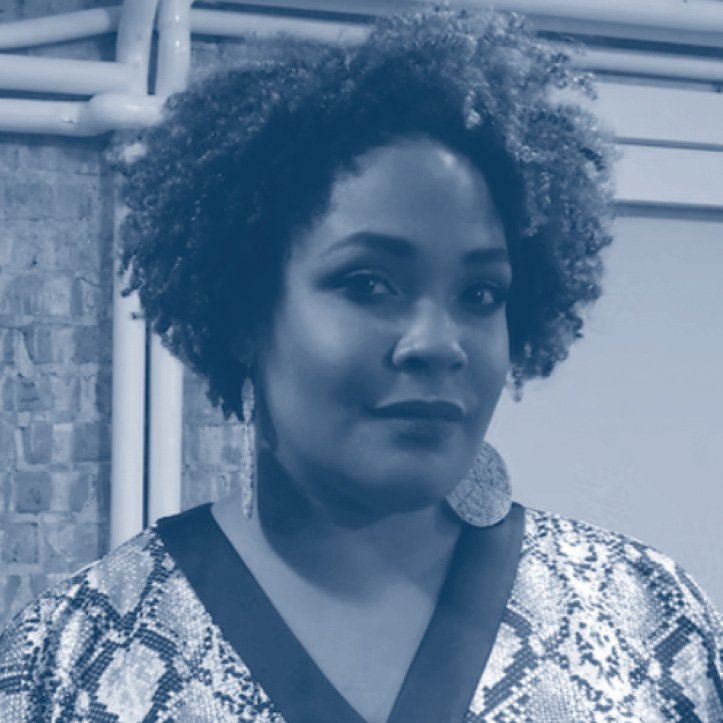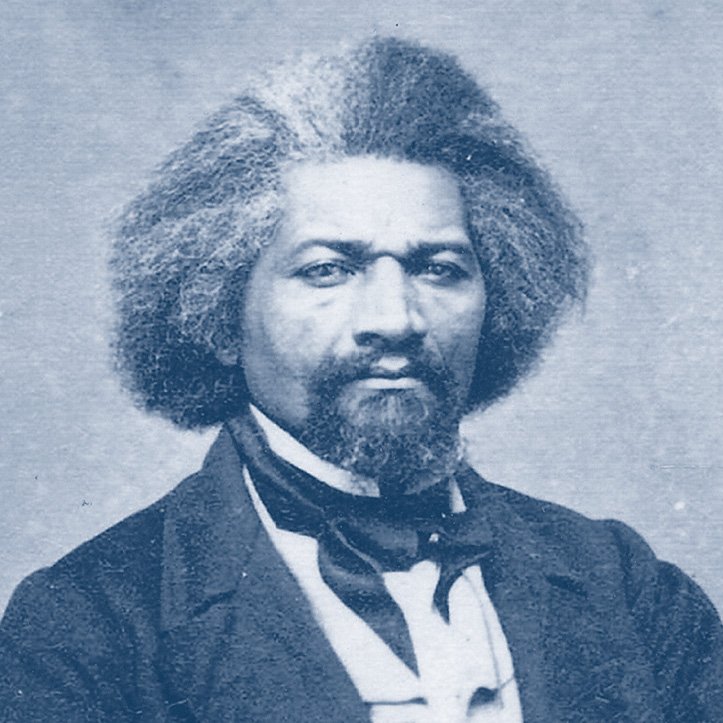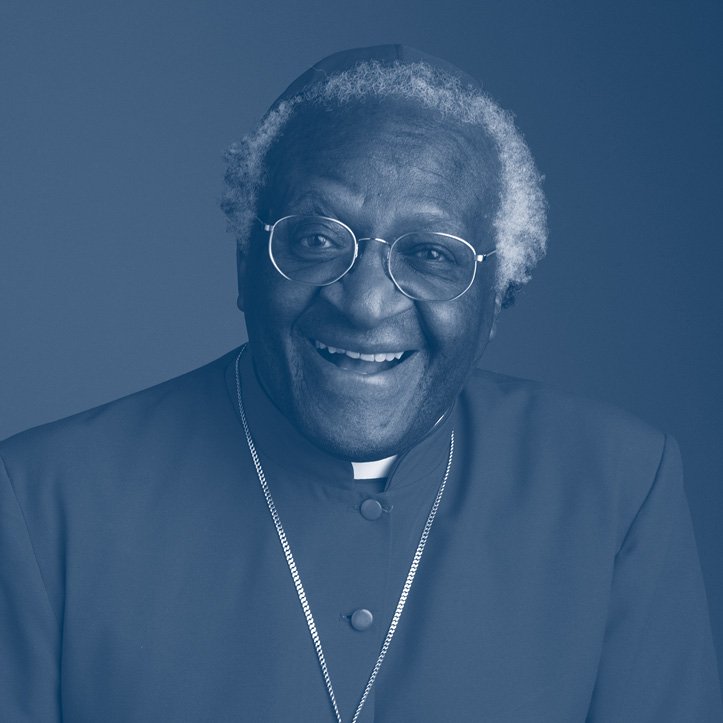Michelle Alexander
Writer and activist, 1967–present
After graduating from Stanford Law School in 1992, Michelle Alexander served as director of the Racial Justice Project at the American Civil Liberties Union (ACLU) of Northern California from 1998 to 2005. In this position, she led a national campaign against racial profiling by law enforcement. In the introduction of her 2010 book, The New Jim Crow: Mass Incarceration in the Age of Colorblindness, she recounts her time at the ACLU and how it impacted her views on the U.S. criminal justice system.
“When I began my work at the ACLU, I assumed that the criminal justice system had problems of racial bias, much in the same way that all major institutions in our society are plagued with problems associated with conscious and unconscious bias. As a lawyer who had litigated numerous class-action employment-discrimination cases, I understood well the many ways in which racial stereotyping can permeate subjective decision-making processes at all levels of an organization, with devastating consequences. I was familiar with the challenges associated with reforming institutions in which racial stratification is thought to be normal—the natural consequence of differences in education, culture, motivation, and, some still believe, innate ability. While at the ACLU, I shifted my focus from employment discrimination to criminal justice reform and dedicated myself to the task of working with others to identify and eliminate racial bias whenever and wherever it reared its ugly head.
By the time I left the ACLU, I had come to suspect that I was wrong about the criminal justice system. It was not just another institution infected with racial bias but rather a different beast entirely. The activists who posted the sign on the telephone pole were not crazy; nor were the smattering of lawyers and advocates around the country who were beginning to connect the dots between our current system of mass incarceration and earlier forms of social control. Quite belatedly, I came to see that mass incarceration in the United States had, in fact, emerged as a stunningly comprehensive and well-disguised system of racialized social control that functions in a manner strikingly similar to Jim Crow.”
In 2020, she released a 10-year anniversary edition of The New Jim Crow. In this version, she included a new preface outlining what had changed during those 10 years and what had not. She shares several of these findings in an interview with The New Yorker. And, while addressing problems with the criminal justice system in both editions, she also offers this:
“Seeing race is not the problem. Refusing to care for the people we see is the problem. The fact that the meaning of race may evolve over time or lose much of its significance is hardly a reason to be struck blind. We should hope not for a colorblind society but instead for a world in which we can see each other fully, learn from each other, and do what we can to respond to each other with love. That was King’s dream—a society that is capable of seeing each of us, as we are, with love. That is a goal worth fighting for.”





